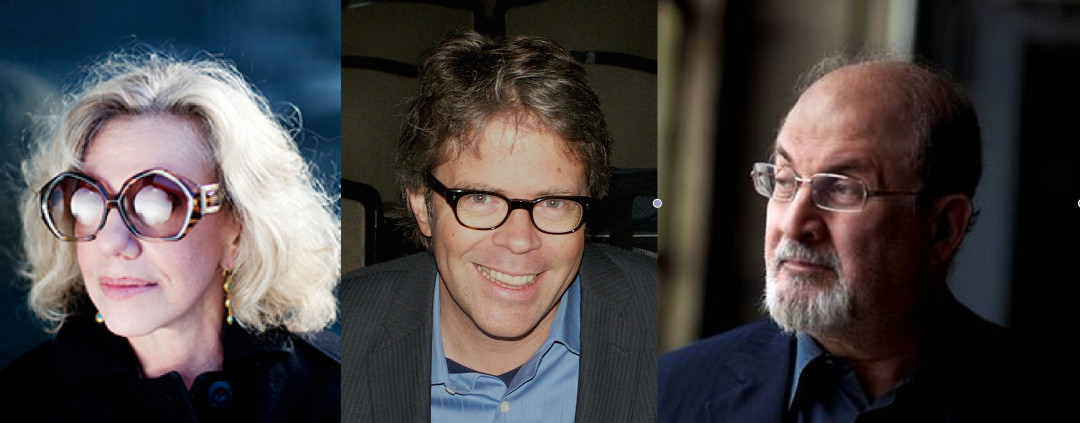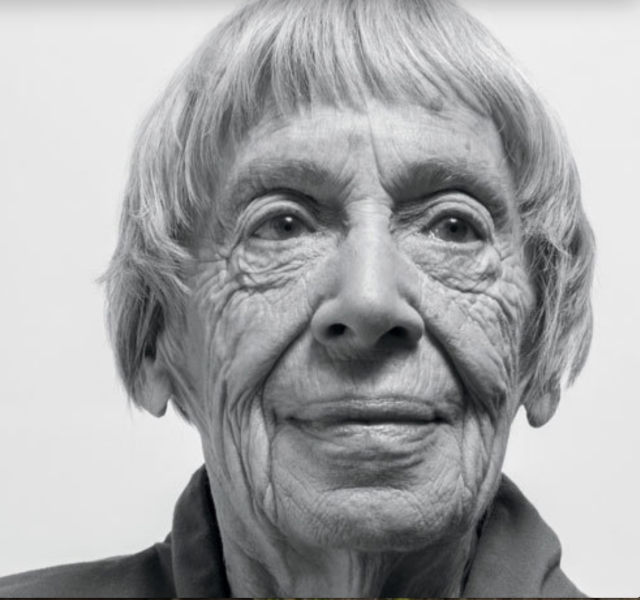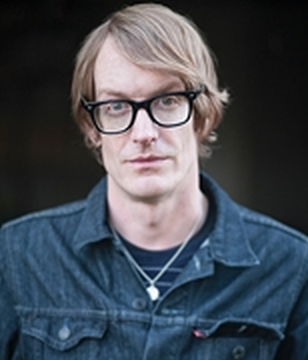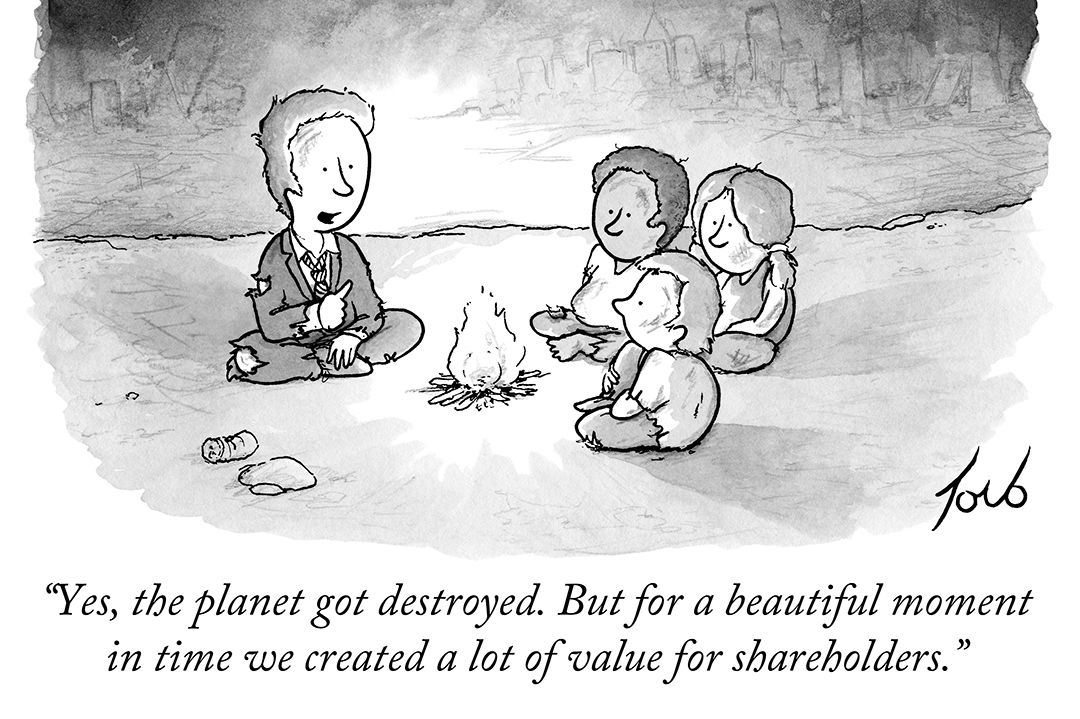Franzen and Rushdie and Jong, Oh My! See them in PDX this Month

Erica Jong (Photo by Christian Als), Jonathan Franzen (Photo by David Shankbone) and Salman Rushdie (Photo courtesy Salman Rushdie)
September sees a month-long influx of some serious literary heavy hitters to this town, with a Powell’s power run of big names in the book world. Trying to figure out which one’s your personal page-turner? Our handy cheat sheet may help.
Jonathan Franzen: Powell’s Books at Cedar Hills Crossing, September 8, 7 pm
- Who? National Book Award winner, Pulitzer finalist, dubbed by Time magazine “The Great American novelist”
- What? Purity, the tale of Purity “Pip” Tyler, who goes to work for a kind of fictional Wikileaks company and is recruited by its leader to spy on an American journalist
- Best known for: A major rift with Oprah after he became “conflicted” over his selection as part of her book club. More recently, his plan to adopt an Iraqi orphan, a nation he said he was talked out of by his editor.
- Critics say: “I think, at bottom, Purity is really about Franzen's aesthetic desire to spin out lots and lots of stories, to experiment with his craft — which is a fine endeavor, but leaves the reader feeling simultaneously overwhelmed, yet curiously empty by the end of this long, packed novel."—Maureen Corrigon, NPR

Ursula K. Le Guin. Photo by William Anthony.
Ursula K. Le Guin: Powell’s City of Books, September 10, 7.30 pm
- Who? Octogenarian Portland-based novelist, short story writer, and National Book Foundation Medal winner
- What? Steering the Craft, a 1998 book of writing advice newly updated to address the issues, challenges and opportunities facing writers in the 21st century
- Best known for: A blistering attack on a publishing industry she characterized as motivated by greed and panic, which she delivered in her speech on winning the medal of honour at the National Book Awards.
- Critics say: “The book has been revised by her based on reader feedback and on the vast changes that have occurred in publishing over the years. But some issues remain constant, and Le Guin explores them in a familiar, breezy style that is admirably direct, and as entertaining as it is enlightening.” – Publishers Weekly
Salman Rushdie: Powell’s Books at Cedar Hills Crossing, September 13, 2pm
- Who? A British Indian Novelist, Booker prize winner, and fellow of the Royal Society of Literature who was knighted by Queen Elizbeth II for his services to literature.
- What? Two Years Eight Months and Twenty-Eight Nights, a fantastical tale of humans, jinns, and slits between the human and magical world.
- Best known for: Having a fatwā calling for his assassination issued by Iran's Ayatollah Ruhollah Khomeini in 1989, after his book the Satanic Verses was deemed offensive.
- Critics say: “In reading this new book, one cannot escape the feeling that all those years of writing and success have perhaps been preparation for this moment, for the creation of this tremendously inventive and timely novel.”– Carolina De Robertis, San Francisco Chronicle

Patrick deWitt. Photo by Danny Palmerlee
Patrick deWitt: Powell’s City of Books, September 15, 7.30 pm
- Who? A Canadian novelist and screen writer now based in Portland, whose last book The Sisters Brothers was shortlisted for the Man Booker prize
- What? Undermajordomo Minor, about a young man, Lucien Minor, who takes a job at the Castle Von Aux and discovers some of the dark—and darkly funny—secrets his new employers are harboring
- Best known for: The Sisters Brothers, a book about two wild west assassins making their way through 19th century Oregon and California, now slated for a big-screen adaptation reportedly to star John C. Reilly.
- Critics say: “This is the territory of the Brothers Grimm, as seen through the skewed lens of Wes Anderson or Monty Python, a place of wood-chopping and petty thieving and puppies drowned in buckets, where they speak a Euro-Biblical-Yiddishy scramble of “and then they did do this” and “enough already”. And why shouldn’t that work? It works.” —Liz Jensen, The Guardian

Erica Jong. Photo by Michael Childer.
Erica Jong: Powell’s City of Books, September 17, 7.30 pm
- Who? Author and teacher, whose 1973 novel Fear of Flying made her a household name in America and brought a new expression to the sexual lexicon (see below).
- What? Fear of Dying, a new novel about Vanessa Wonderman, a sixty-year-old woman with an ailing, older husband who tries out a website promising “casual encounters”.
- Best known for: Fear of Flying, a book that became the darling of second wave feminism for its frank exploration of female desire, and for giving us the expression “zipless fuck" to describe casual sexual encounters.
- Critics say: "Jong’s newest novel is unabashedly chick lit of a certain age. At times frothy, at times poignant, Fear of Dying left me with a sense of relaxed cheer. Reading it is akin to enjoying a mimosa-filled brunch and then settling in to watch The Best Exotic Marigold Hotel with an old—but stylishly well-preserved—pal. And what’s wrong with that?" —Sandra Tsing Loh, The Atlantic
Joy Williams: Powell's City of Books, September 21, 7.30 pm
- Who? A National Book Award nominee and Pulitzer Prize finalist, she’s a short story writer, novelist and essayist.
- What? The Visiting Privilege: New and Collected Stories (2015), her first collection in more than ten years, which brings together 33 stories from three previous collections and thirteen new stories.
- Best known for: Bleak and lonely depictions of the human experience.
- Critcs say: “Encompassing writing from the 1970s to the present, this book is a savory feast: pleasurable for nibblers and particularly rewarding to the voraciously inclined. The people in these stories are more likely to be imbibing than eating, though. It helps with the desolation that trails them through life." —Laura Collins-Hughes, The Boston Globe




